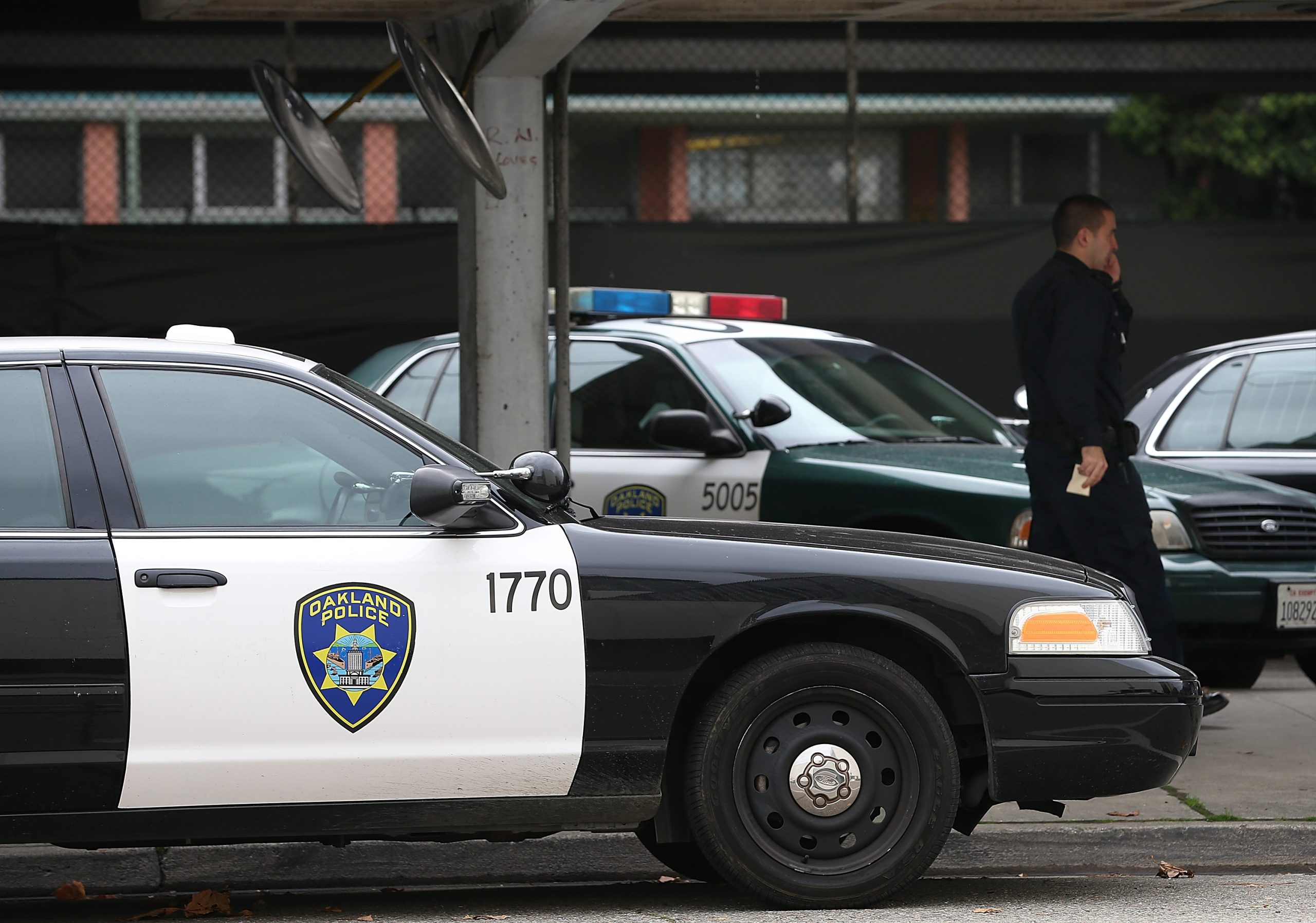OAKLAND, Calif.—Weeks before a key hearing, federal prosecutors have submitted their formal opposition to an attempted murder suspect’s recent efforts to suppress evidence found through the warrantless use of an FBI cell-site simulator, better known as a stingray.
The Tuesday filing reiterates the government’s position in the case known as United States v. Ellis, setting the stage for a key upcoming hearing next month. DOJ officials say that law enforcement’s use of a stingray should not be considered an unreasonable search under the Fourth Amendment and, therefore, it never required a warrant.
Stingrays are surveillance tools that have become increasingly common nationwide. They essentially work by spoofing a cellphone tower and effectively tricking a handset into giving up its location. For years, law enforcement agencies big and small have tried to obscure their use, and the agencies have often been reluctant to release relevant public records. United States v. Ellis has been notable as it has begun to illuminate exactly how stingrays are used in day-to-day police work.
In the case, an Oakland man named Purvis Ellis was charged with not only racketeering, but also the attempted murder of a police officer. Ellis was located in an East Oakland apartment several hours after a January 2013 shooting with the help of two stingrays. Prosecutors initially insisted that only one stingray was used, but, as was revealed last summer, that turned out not to be the case. The Oakland Police Department's own stingray was seemingly insufficient, so officers then called in the FBI, both times without a warrant.
According to the new opposition to the motion to suppress, Ellis was not only present for the January 21, 2013 shooting of the officer—Eric Karsseboom—but Ellis also participated in an attempted killing of another man at a nearby bus stop the day before.
The DOJ says that because the stingray was configured to act like a "pen register," originally a century-old device designed to capture incoming and outgoing calls, and solely capture non-content data, then it was not a search. Use of pen registers, as well as the use of 1970s and 1980s-era "beepers" (short-range FM radio transponders) that can reveal a given location, have been repeatedly upheld by the Supreme Court. Plus, because Ellis wasn’t found in his own apartment, but in another apartment, he could not claim a privacy interest. And finally, even if Ellis could claim a privacy interest in his phone, that still doesn’t matter, DOJ attorneys claim.




 Loading comments...
Loading comments...
